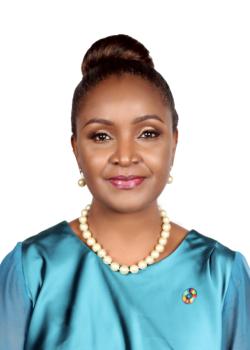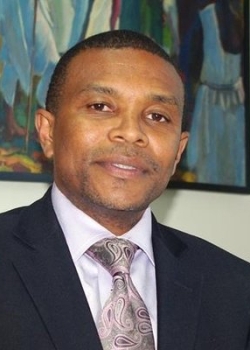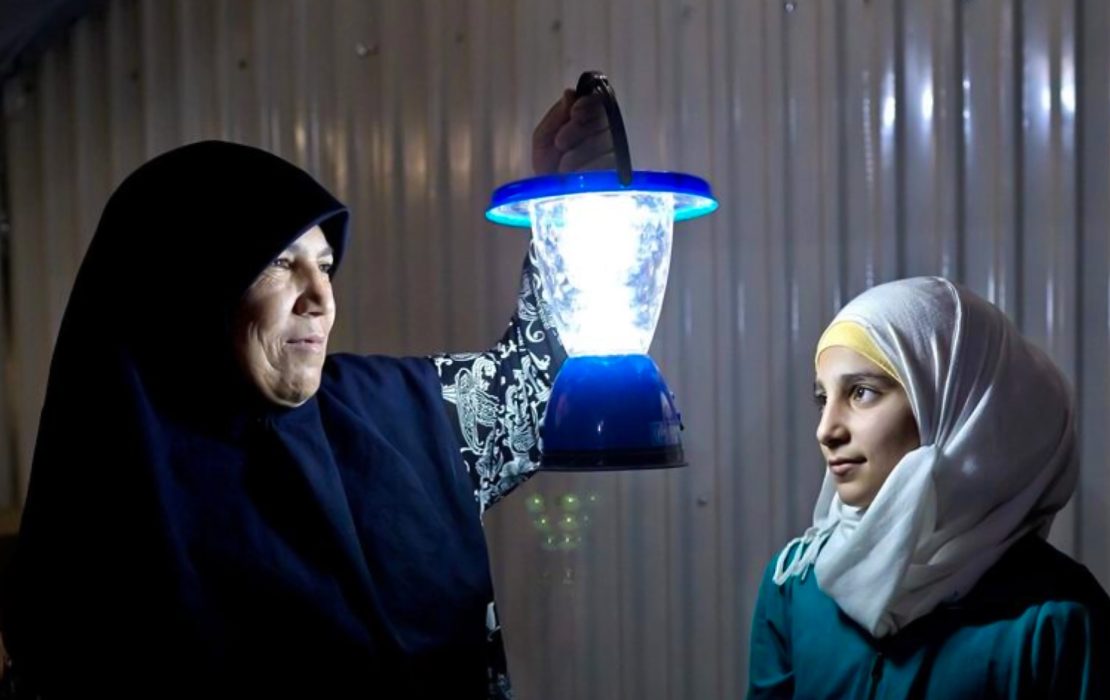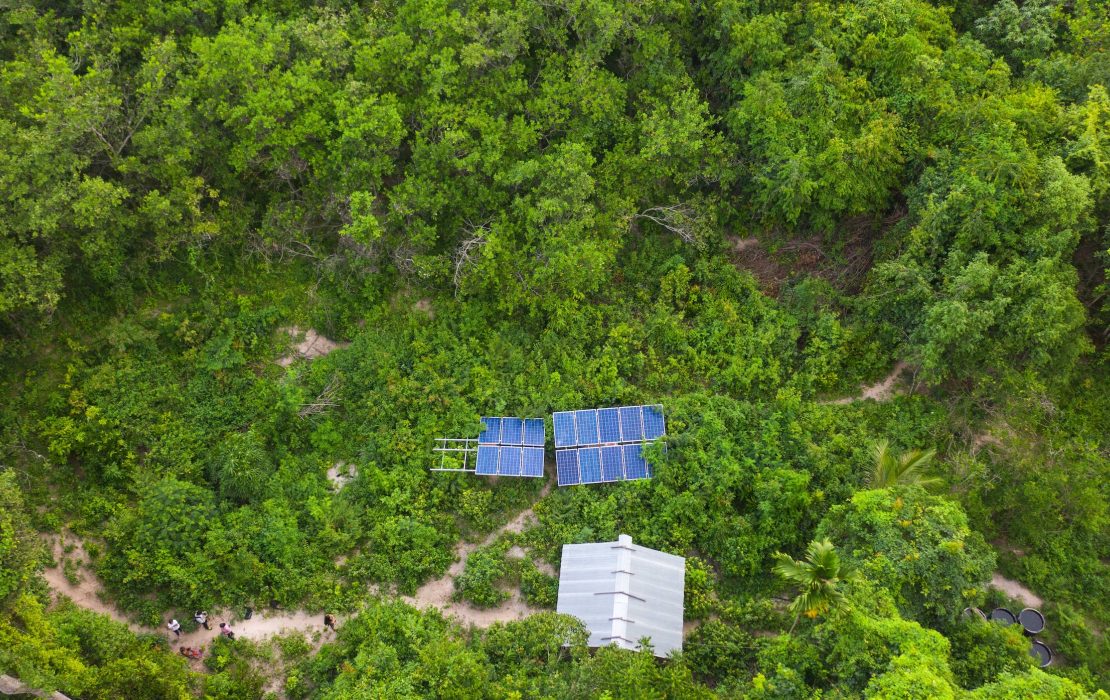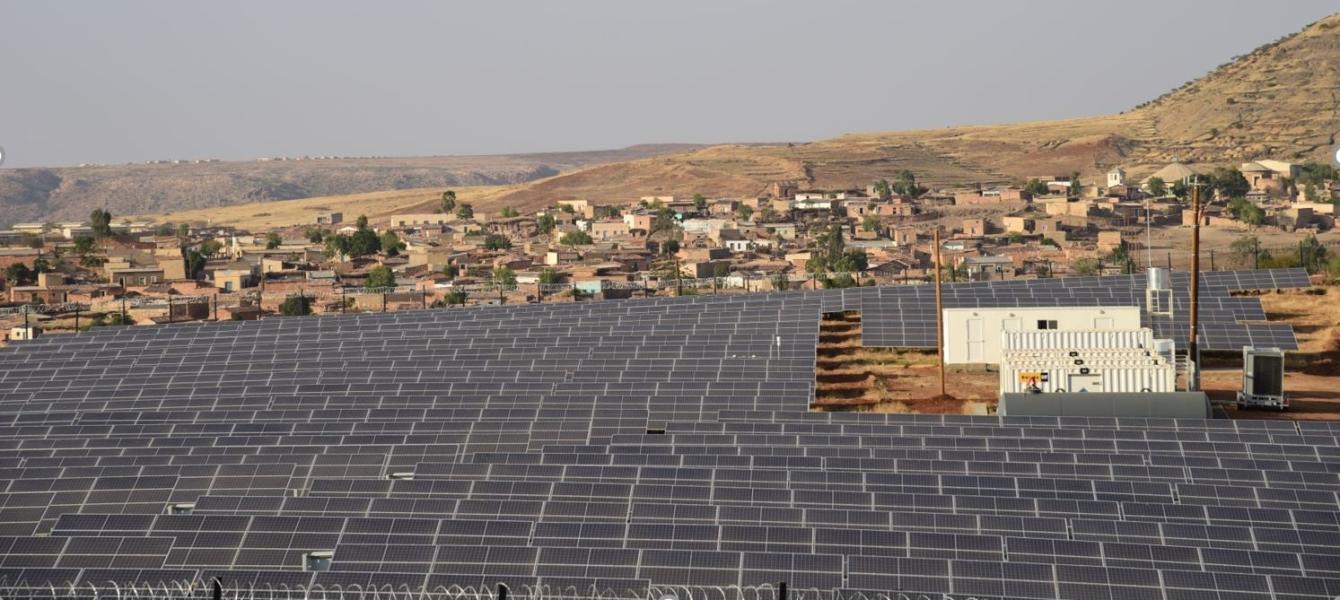
Provision of clean, affordable, and sustainable supply of electricity for 8,000 households in sub-towns of Areza and Maidma and 28 rural surrounding villages. Credit: UNDP Eritrea
Originally published on Africa Renewal
Like other countries in the Horn of Africa, Eritrea is not spared from the adverse effects of extreme weather and climate-related disasters. Now compounded even further by the unprecedented socio-economic impacts of the COVID-19 pandemic, the worsening climatic conditions jeopardise the country’s development trajectory, as the crisis has further eroded the resilience capacities of communities.
Despite these challenges, Eritrea's accession to the global environment and energy conventions are among the country's attempts to reverse the worsening climatic trends. The country demonstrates its resourcefulness and an enormous commitment by playing a part in reducing net emissions by upholding the basic tenets of the Paris Agreement that requires all parties to make ambitious contributions.
The government envisages achieving its goals of being climate change-responsive by ensuring the transition to a carbon-free economy. It is also working towards raising the share of electricity generation from renewable energy.
According to the 2019 World Bank Global Electrification Database, 50.3 percent of Eritreans have access to electricity, with electrification reaching 75.6 percent and 36.6 percent of the urban and rural population, respectively.
From fossil fuels to renewables
Eritrea’s Nationally Determined Contribution (NDC) identifies a shift from fossil fuel-based energy generation to electricity generation mixes using renewable sources and reducing transmission and distribution losses. It also encourages environmentally sound technologies to reduce greenhouse gas emissions. The country’s energy sector also emphasises the use and introduction of renewable energy sources such as solar, wind and geothermal power, and taking concrete measures away from fossil fuel dependency.
Through its NDC, Eritrea reflects a sustained commitment to implementing mitigation and adaptation interventions with notable progress on energy transition to meet the growing energy demand through increased energy efficiency and modern energy technologies.
The government is working with relevant stakeholders across various sectors towards reducing greenhouse gas emissions by implementing carbon-neutral, sustainable pathways that directly bear on mitigation and adaptation to climate change.
Renewable energy solutions such as wind and solar are some of the most affordable alternatives readily available and essential engines for green job creation and sustainably reinventing economies post the pandemic.
Besides contributing to net-zero's objective by 2050, scaling up clean energy access is equally critical to uplifting the lives of communities in an affordable, cost-effective, and sustainable manner. Consequently, we cannot underestimate the enormous potential of renewable energy resources that the country could leverage.
However, increased access to affordable technology is required to guarantee the viability of pursuing a broad renewable energy portfolio that ensures affordability, accessibility and adaptability are within reach.
For Eritrea, fundamental opportunities for clean energy sustainability include ownership that the government and participating communities have already demonstrated in implementing energy access projects with high potential for replication and up-scaling.
Communities are already playing a catalytic role as partners to the existing communal structures that provide reliable resources and ownership to boost implementation.
The solar-powered mini-grids with a 2.25 MW generation capacity providing modern and affordable energy to the rural towns of Areza and Maidma in the south of the country and 33 off-grid surrounding villages is an example illustrating how public-private partnership and ownership are crucial in green energy solutions.
The government is leveraging renewable sources and technology to increase energy access in an inclusive and people-centred approach that has a total buy-in of the community.
Whereas the Ministry of Energy and Mines fully implements the $13 million (11,762,778 Euro) project, the community contributed labour and donated land to establish the solar stations, furthering the potential utility of this project and communal ownership.
With support from the European Union and UNDP, the project benefits more than 40,000 individuals who previously had no access to power, including creating job opportunities for over 513 small enterprises and improved services in schools and health facilities with renewable energy-based infrastructure.
Linking households with solar energy
In addition to connecting households and communities with solar energy, several women-headed households also have benefited from the provision of energy efficient cooking stoves. These contribute to reducing fuel utilisation, decreasing deforestation rates, and increasing positive impacts on women's health, including their involvement in basic household needs.
Access to clean energy can transform lives. However, striking a balance between the urgency to reduce emissions and the pressing economic needs is fundamental.
Consequently, Eritrea's energy transition should be informed by multidimensional pathways that respond to diverse realities and are critical to sustaining implementation and adaptability.
The world is at the tipping point for bolder steps and immediate aggressive actions. Eritrea, a country with negligible emission contribution, can potentially lead the way to secure a safe and sustainable future by taking a different path from previous development trajectories.
As the country arises from the impacts of COVID-19, the monumental challenge is not if, but how, to progressively transition towards utilisation of clean energy sources at the core of the transformational agenda of building forward better.
While the required tools and frameworks are already in place, government institutions and stakeholders must avoid siloed approaches to addressing the evolving development challenges and harness the power of partnerships across all sectors.
Eritrea's COVID-19 national recovery strategy can and should essentially be part of the country's NDC and climate action plans that help to accelerate its commitment to the Paris Agreement.
Collectively, there is a chance to take a bold leap forward to a sustainable, inclusive, and resilient future that protects the most vulnerable, with the Sustainable Development Goals as our roadmap.
